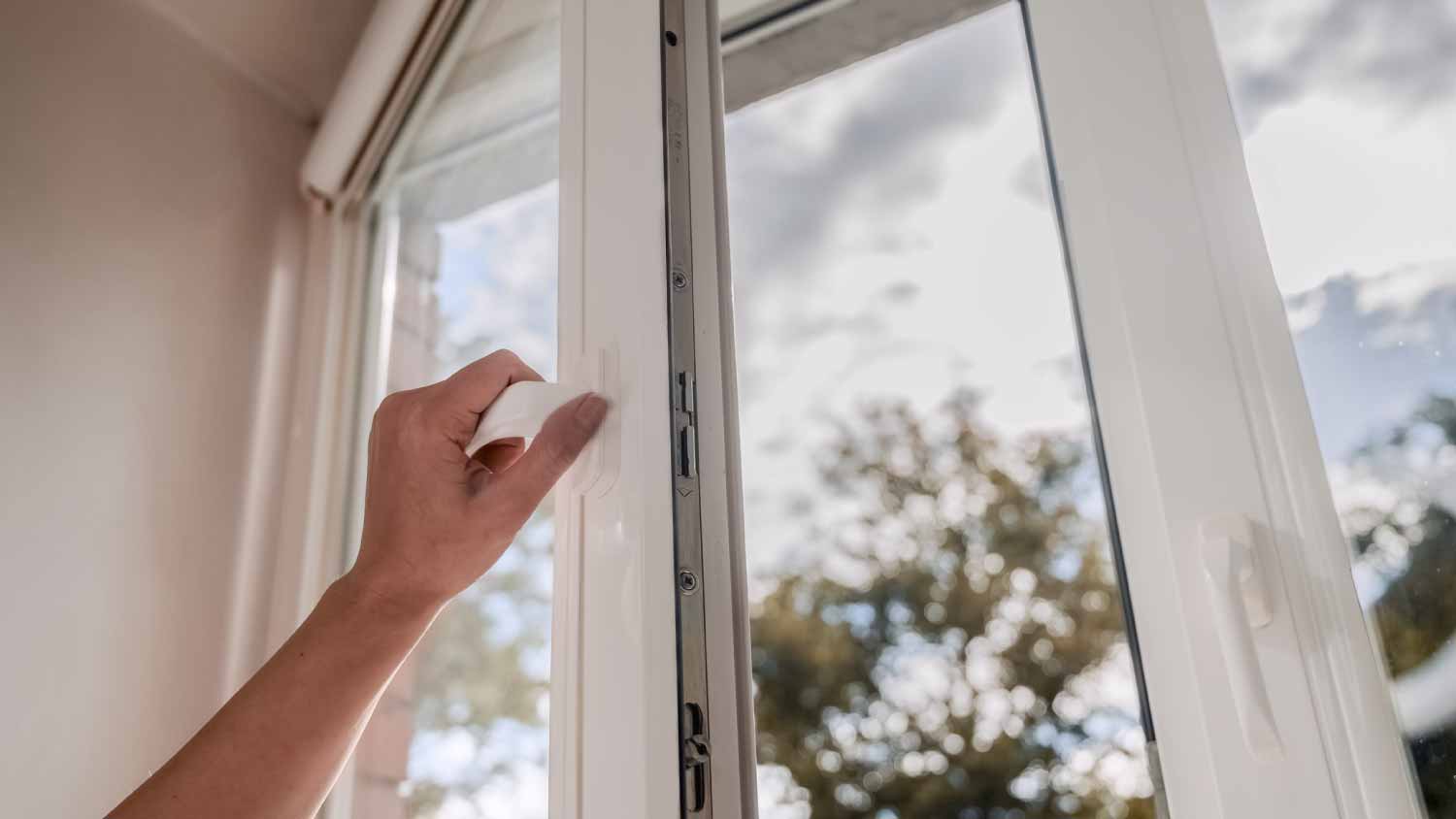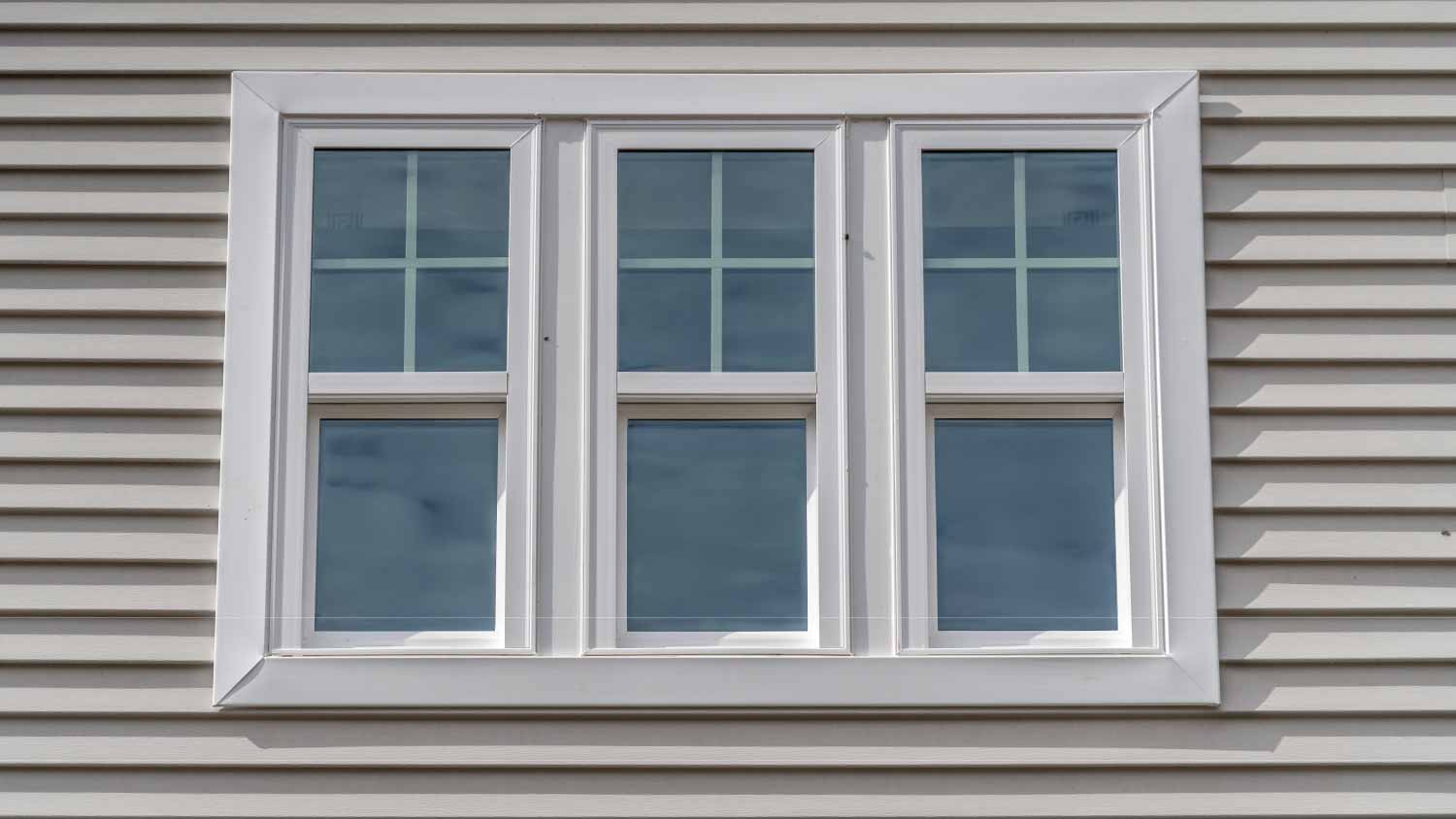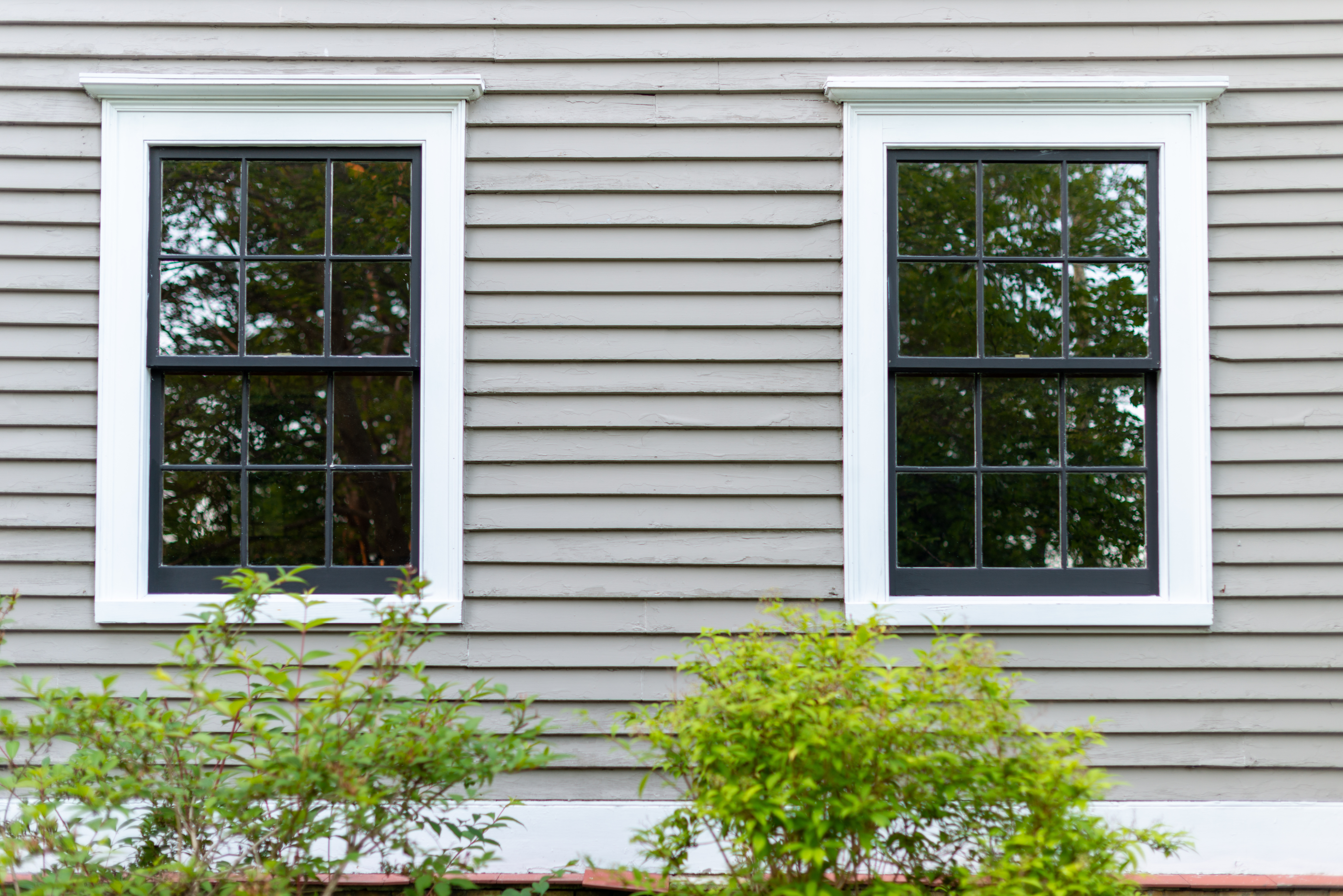
From a small window over the kitchen sink to a grand living room window, picture windows add light and great views. Learn how much picture windows cost.
See your window’s longevity clearly


Nothing lasts forever. Vinyl windows, over time, will begin to deteriorate, necessitating a new set for your home. But how long do vinyl windows, known for their affordability and low maintenance, actually last? Learn the typical lifespan of vinyl windows and the main factors that influence their longevity so you can decide if they're the right investment for your home.
Most vinyl windows last between 20 and 40 years. Windows exposed to extreme weather will have shorter lifespans—closer to 20 years, though you might see signs of wear and tear after 10 years. Vinyl windows are a popular choice because they are affordable, energy-efficient, and require minimal maintenance.
That said, these windows don’t perform well when exposed to prolonged periods of high heat—they have a tendency to warp, sag, or soften. In addition, they can become discolored over time.

Everything wears down with age, but external factors can speed up the deterioration process. Learn what factors affect the lifespan of your vinyl windows.
If your windows are regularly exposed to extreme weather—such as humidity, wind, or high heat—you should expect them to have a shorter lifespan. Harsh weather conditions can.
Improper installation can not only cause your blinds to deteriorate early but also create drafts and leaks, leading to higher energy bills (and a less comfortable home). Make sure to hire a local window installation company to install your vinyl windows.
Cleaning your windows regularly prevents the build-up of dust and debris and can remove any mold present. It’s also a great opportunity to check your windows for signs of damage and ensure they get repaired right away, if necessary.
Your window’s glass and frame type will play a role in its longevity—double or triple-pane windows tend to last longer than those with single panes, and vinyl frames have a longer lifespan than many other materials, such as wood.
Here are some indicators that it’s time to replace your vinyl windows.
If your windows are becoming difficult to open and close, you might want to consider replacing them for maximum functionality, especially if anyone in your home has mobility or range-of-motion issues.
Your windows should help, not hinder, your home’s insulation. If you notice higher energy bills and a draftier home, your windows might have either been installed incorrectly or be worn down and unable to insulate your home as they once did.
Window fog and condensation between window panes can be signs of a damaged window—they indicate moisture is leaking in. If this is happening, consider replacing your vinyl windows.
If your vinyl windows are cracked, you should have them replaced as soon as possible. Cracked glass or cracked framing can let in drafts and make your home a target for burglars.

Performing regular maintenance on your vinyl windows is essential. Here are some maintenance tips to ensure your windows last as long as possible.
Use mild cleansers: Dish soap or a gentle multi-surface cleanser diluted in warm water is enough to clean vinyl windows and keep them free from dirt, dust, and fingerprints. Harsher cleaning products, such as bleach or ammonia, can discolor or corrode your vinyl windows. In addition, abrasive cleaners can leave scratches.
Inspect regularly: Inspect all of the window parts every six months—once in spring and once in fall. This is a good way to check for signs of wear and tear and damage—take a close look at the hardware, make sure the seals are intact, and look for any unwanted condensation between the panes.
Clean the tracks: Dirt, dead bugs, hair, and other debris can build up in your windows’ tracks, putting excess strain on them and shortening their lifespan. Vacuum up any dirt and gunk and then use a mild cleanser to keep the tracks spotless.
While vinyl windows can often last 20 years or more, warranties offered by vinyl window manufacturers rarely exceed coverage beyond 15 years, but there are some that go as high as 25 years. Regardless of the length of your warranty, be sure to read all the fine print—many warranties expect owners to perform regular maintenance on their windows. The warranty might also have a number of exclusions in it—for instance, intentional damage is almost never covered.
When deciding whether to repair or replace your vinyl windows, consider their age first. While a broken seal or crack can be repaired without replacing the entire window, if the window is over 20 years old, it might be time to shell out the money for a replacement, considering you might see additional repairs soon as the window continues to age.
From average costs to expert advice, get all the answers you need to get your job done.

From a small window over the kitchen sink to a grand living room window, picture windows add light and great views. Learn how much picture windows cost.

Learn how much triple-pane windows cost, exploring common cost factors such as their size, type, location in your home, and design.

Wooden windows elevate a home’s curb appeal and have a lifespan of up to 45 years. Learn about the cost of wooden windows and how to get an estimate.

What is window flashing, and why is it likely the culprit for your leaky glass? Learn more about this often-overlooked window installation step.

Wondering how to apply window film? We’ll walk you through the steps—and even show you how to make your own application solution.

Got window troubles? Luckily, double-hung window repair is simpler (and quicker) than you may think. Fix your window with ease by following these steps.